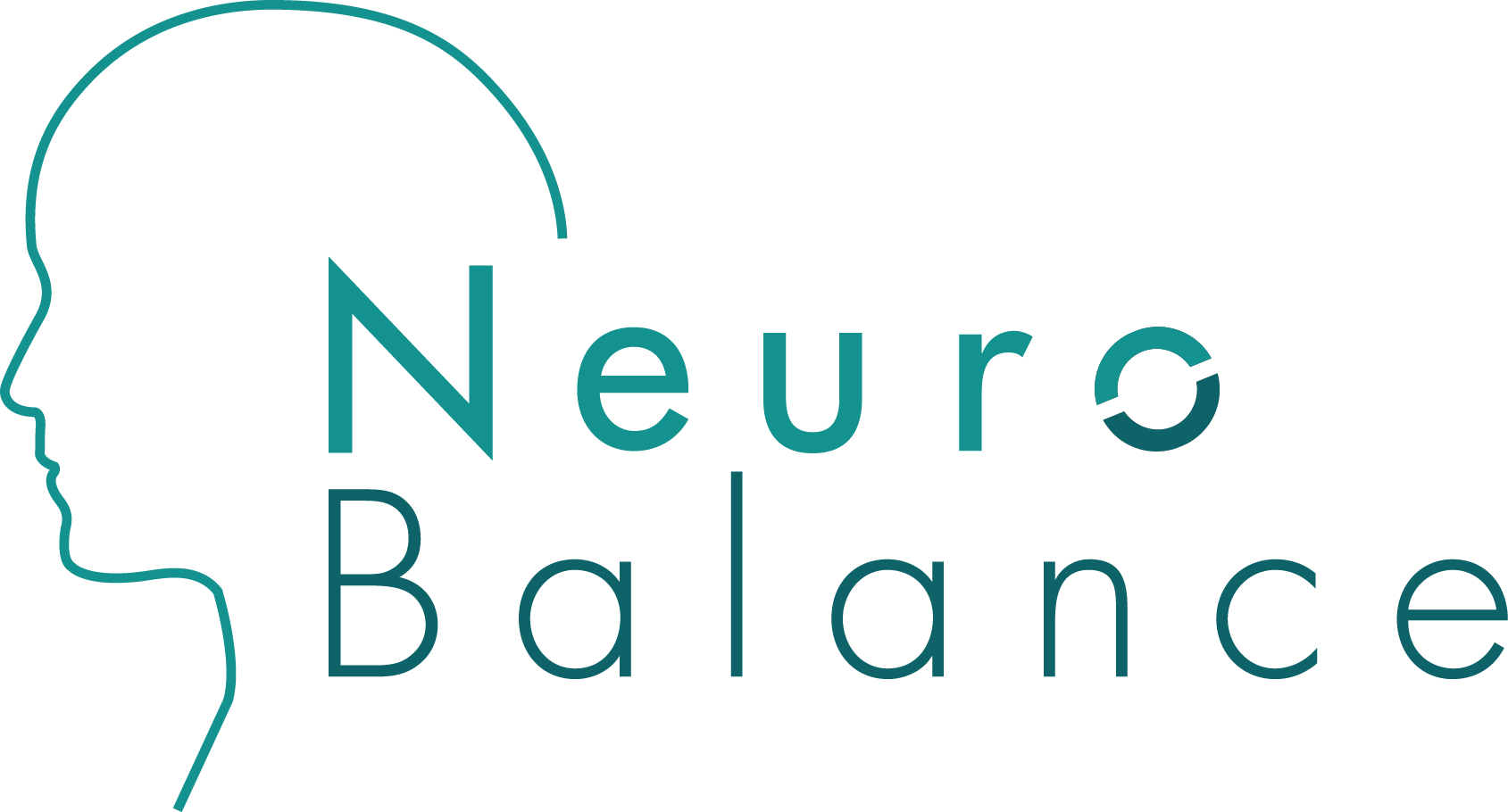The Symphony of the Mind: Unveiling the Harmonious Impact of Music on Brain Health
Imagine the brain as an intricate orchestra, with each region playing a specific role in creating the symphony that is our thoughts, emotions, and memories. Now, envision music as a master conductor, wielding the power to enhance the performance of this cerebral ensemble. The fascinating world of how practicing and playing music enriches not just our souls but also our cognitive functions, shaping the architecture of our brains across all stages of life, can be measured in research.
The Prelude: Music and the Brain's Ensemble
At the heart of our understanding, music's engagement begins with the ear, capturing sound waves that the brain translates into the melodies and rhythms we adore. This process, as described by researchers at Harvard Medical School, is not merely passive listening but an active workout for the brain, engaging complex neural pathways. Similarly, Johns Hopkins Medicine elucidates how music activates vast areas of the brain, enhancing cognitive functions such as memory, attention, and problem-solving abilities. Musical minds have been associated with higher working memories.
Crescendo: The Lifelong Benefits of Musical Engagement
The journey of musical engagement offers lifelong cognitive benefits, with its influence remarkably pronounced in the aging population. A study highlighted by ScienceDaily, conducted by the University of Exeter, emphasizes that playing an instrument is linked to better brain health in older adults. This finding echoes the broader consensus that active participation in music, whether through playing an instrument or singing, acts as a significant cognitive reserve, fostering mental agility and resilience. Although, the same was not true for those who were merely active listeners to music.
Fortissimo: Music's Impact on Children and Adults Alike
For children, the act of learning and practicing music can be a powerful catalyst for cognitive development. It enhances language skills, memory, and attention, setting a foundation for lifelong learning and brain health. Adults, too, reap the benefits, with musical practice serving as a bulwark against cognitive decline, enhancing mental flexibility, and even improving mood and quality of life.
Practicing a musical instrument for 2 hours or more over several years can actually help increase the speed of nerve impulses to create the formation of myelin which surround the nerve cell promoting stronger communication. This action could drive more new synapses to take place and encourage new pathways to form.
Solo: Identifying the Most Beneficial Instrument
While the benefits of musical practice are universal, the question of which instrument might offer the greatest return over a lifetime is more nuanced. The answer lies not in the instrument itself but in the engagement and challenge it presents to the individual. Piano, violin, guitar, or any instrument that demands continuous learning and adaptation can provide substantial cognitive benefits. The key is sustained, mindful practice that pushes the boundaries of one's skills and comfort zone. That being said, it was shown that playing piano over a lifetime demonstrated the greatest benefits for cognitive health, when compared to playing woodwinds or brass instruments.
Coda: A Unified Theory of Music and Brain Health
The symphony of the mind is most harmonious when music is a constant companion. From the intricate neural pathways activated by playing an instrument to the cognitive reserves built over a lifetime of musical engagement, the evidence is clear: music is a powerful architect of brain health and cognitive function. So, whether you're a budding musician or contemplating dusting off that old instrument, remember, the music you create does more than fill the air with melody—it weaves a tapestry of resilience and vitality within the very structure of your brain.
In this exploration of music's profound impact on the brain, we've uncovered that the journey through musical landscapes is as beneficial to the mind as it is enriching to the soul. Let the music play, and let the symphony of the mind continue to evolve in complexity and beauty, note by note, throughout our lives.
-A Balanced Brain is a Better Brain for a Happier Life-
